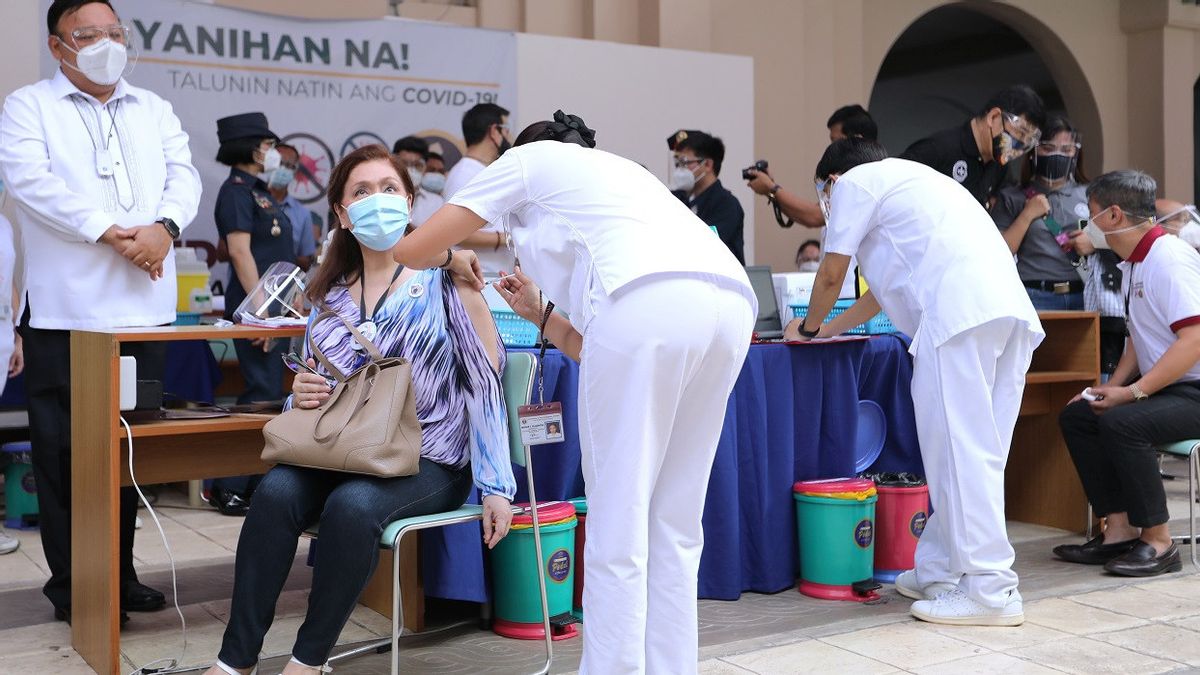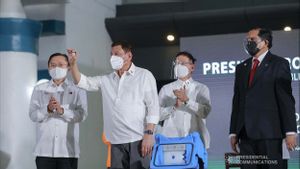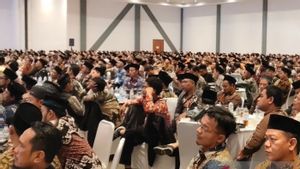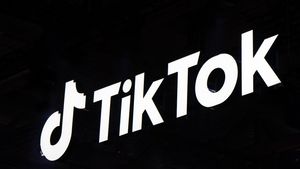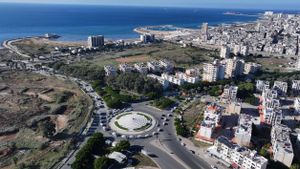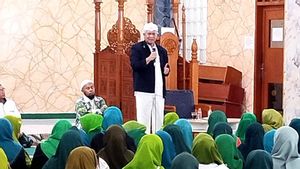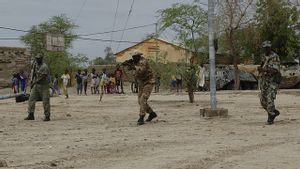JAKARTA - The Philippine government on Thursday defended a controversial ban on unvaccinated people from using public transportation in the capital Manila where the Omicron variant sparked a record spike in cases.
The rules, announced by the Department of Transportation this week and expected to take effect on Monday, come after President Rodrigo Duterte threatened to arrest people who were not vaccinated against COVID-19 who refused to stay at home.
Passengers must present proof of vaccination before boarding public buses, jeepneys, trains, boats or planes in Metro Manila where infections are surging, causing widespread disruption to businesses and strained hospitals.
Exceptions will be made for people who have not been vaccinated but have official permission to travel to purchase food, seek medical care, or be vaccinated.
This policy goes hand in hand with only about half of the Philippines' population being fully vaccinated, although rates in the capital are much higher.
The Transportation Department said the temporary "no vaccinations, no rides" policy was designed to protect everyone, avoiding the economically damaging shutdown of the public transport system during the latest spike.
"We believe that it is more anti-poor and anti-life if we will not impose interventions that will prevent the loss of life due to non-vaccination," the Department said, citing CNA January 13.
However, rights groups, including Amnesty International, have criticized the policy.
"The way out of this pandemic is to not impose restrictions, disproportionate and unacceptable penalties on those who are not vaccinated," said Butch Olano of Amnesty International Philippines.
He warned the law would unfairly target the poor who are unable to work from home and "further erode trust in the government".
The Philippine Human Rights Commission said earlier that travel restrictions "effectively limit the exercise and enjoyment of basic rights".
SEE ALSO:
To note, the number of new cases hit a record 34.021 on Thursday, with more than three million people in the Philippines infected since the start of the pandemic.
The government briefly eased the lockdown in October last year, after the Delta variant-driven coronavirus infections peaked, to revive the battered economy.
Meanwhile, new infections dwindle to a few hundred each day before Christmas, but increase again as family and friends gather for the holidays.
The English, Chinese, Japanese, Arabic, and French versions are automatically generated by the AI. So there may still be inaccuracies in translating, please always see Indonesian as our main language. (system supported by DigitalSiber.id)
